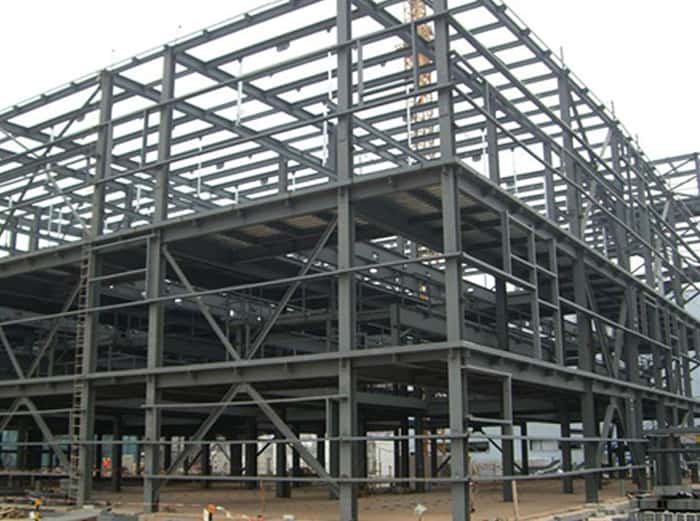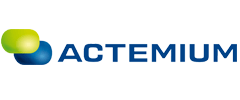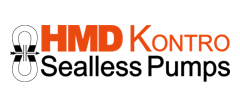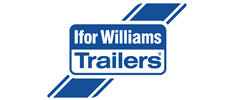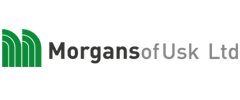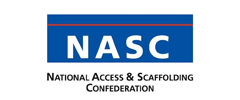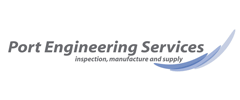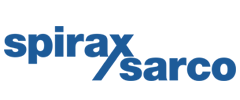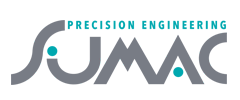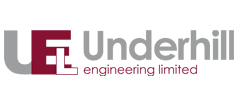Under the CPR, from 1st July 2014, all fabricated structural steel must carry the CE Mark. The CE Mark is an indication of compliance with an appropriate manufacturing standard for a product and is a promise of quality, safety, and reliability. In the UK, non compliance with this rule is a criminal offence and can potentially result in suspension or prohibition notices being handed out to a company along with hefty fines, imprisonment, or both.
The Construction Products Regulation (CPR) was created in March 2011 to legally enforce the European Construction Products Directive (CPD). The Directive aims to harmonise the safety and performance standards of construction materials across the EU, whether they are manufactured within Europe, or imported.
Do welders need CE marking?
Yes, if you are fabricating structural components for use within the EU.
For structural steel fabrication, all engineers, main contractors and steelwork contractors need to ensure that every component used for a project complies with the requirements of BS EN 1090-1 (Execution of steel structures and aluminium structures).
How can you comply with BS EN 1090-1?
To comply with BS EN 1090-1, companies need to establish a system called Factory Production Control (FPC). This system monitors everything from the first contact with a customer, right through to the final inspection before shipping. After putting the FPC in place, a third party, known as a Notified Inspection Body (NB) must certify the FPC. These NBs must be accredited by United Kingdom Accreditation Service (UKAS)
Additionally, BS EN 1090-1 requires that welding personnel are suitably qualified and procedures are used for all welding activities.
How can Code A Weld help you with CE marking?
Code A Weld can work together with you to achieve the accreditation required to CE Mark your fabricated structural steel. With over 30 years of experience, we are a one-stop-shop for many of the services you will require in order to comply with BS EN 1090-1.
We provide an easy service where you can qualify company welding procedures in accordance with BS EN ISO 15614-1, and qualify welding personnel in accordance with the relevant European standard. Currently, this is BS EN ISO 9606-1, as noted in BS EN 1090-1. We can help welders qualify against both the standards, avoiding any issues at a later date.
Get In Touch
Testimonials
